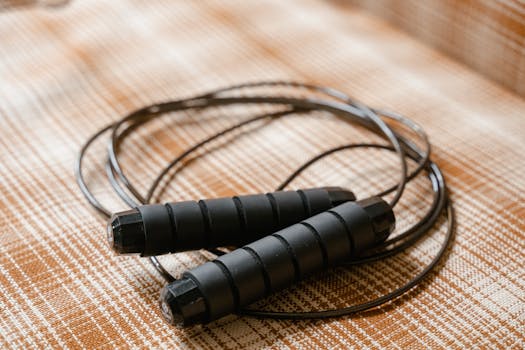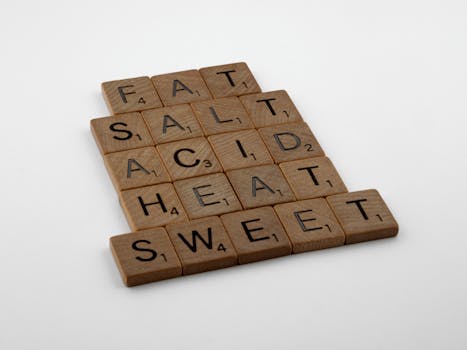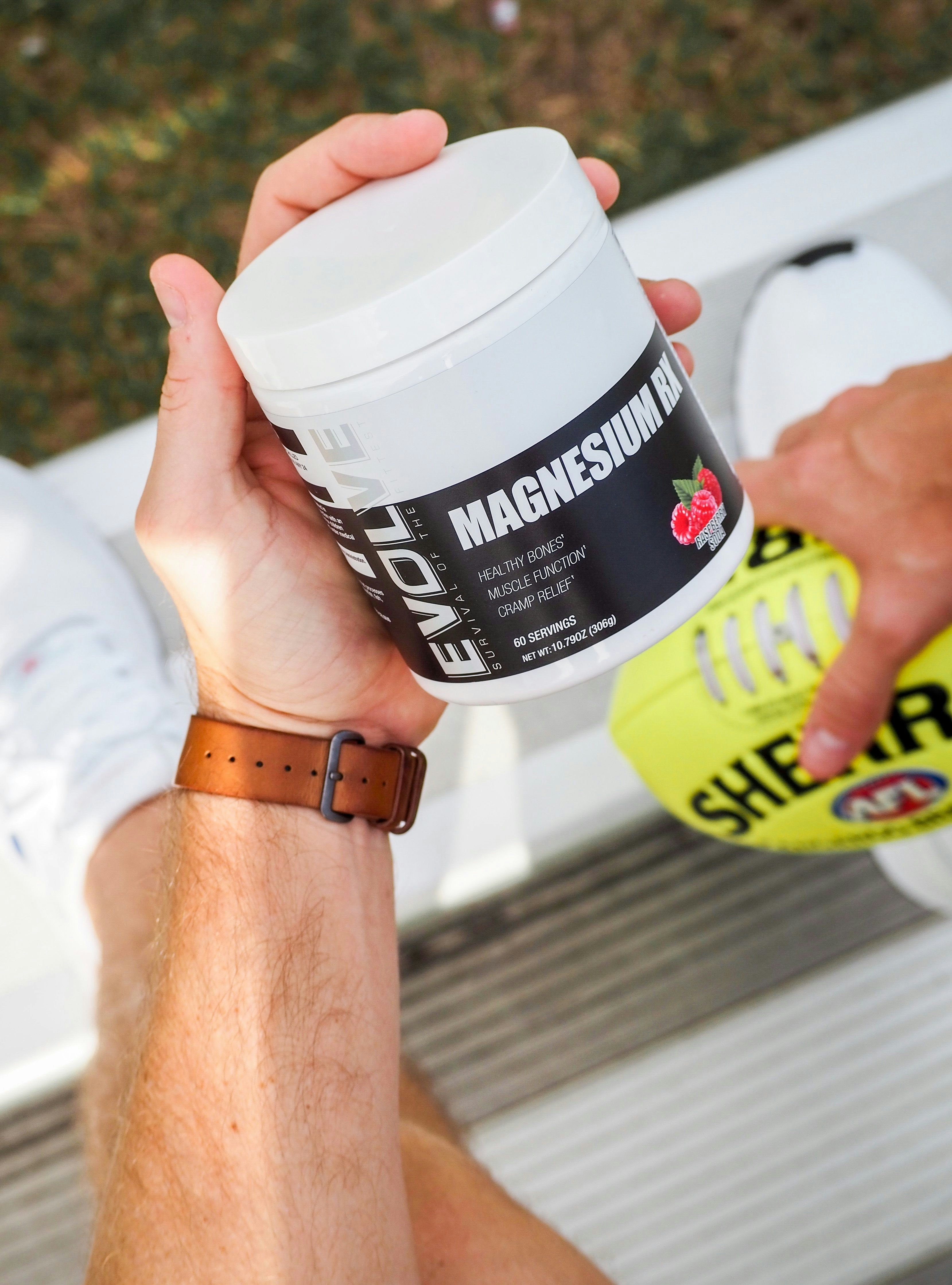Menopause Heart Palpitations: Causes, Symptoms, and Relief Strategies
Nov 26, 2024
As women navigate the transition into menopause, a range of physical and emotional changes can occur, including the experience of heart palpitations. These irregular heartbeats can be unsettling and may leave you wondering about their underlying causes and potential solutions. In this comprehensive guide, we'll explore the connection between menopause and heart palpitations, their symptoms, and effective relief strategies to help you regain a sense of control and well-being.
Understanding Heart Palpitations
Heart palpitations are the sensation of a pounding, fluttering, or irregular heartbeat. They can feel like your heart is skipping beats, beating too fast, or pounding in your chest. While heart palpitations can be concerning, they are often harmless and may be caused by various factors, including hormonal changes during menopause.
The Link Between Menopause and Heart Palpitations
Hormonal Fluctuations
During menopause, women experience a significant decline in estrogen and progesterone levels. These hormonal fluctuations can affect the cardiovascular system, leading to changes in heart rate and rhythm. Estrogen plays a crucial role in regulating the heart's electrical activity, and its depletion can increase the risk of heart palpitations.
According to the Medical News Today, the drop in hormone production during menopause can be linked to an increase in both heart rate and frequency of palpitations, as well as non-threatening arrhythmias.
Hot Flashes and Night Sweats
Hot flashes and night sweats are common symptoms of menopause, and they can trigger heart palpitations. When a hot flash occurs, the body's temperature rises suddenly, causing the heart to beat faster to compensate for the increased demand for blood flow. This rapid change in heart rate can result in the sensation of palpitations.
Stress and Anxiety
The physical and emotional changes associated with menopause can contribute to increased stress and anxiety levels. Stress and anxiety can stimulate the release of hormones like adrenaline and cortisol, which can cause the heart to beat faster and irregularly, leading to palpitations.
According to the American Heart Association, depression is another risk factor for coronary artery disease, and the risk is higher for women under the age of 65 due to the link between depression and heart disease.
Symptoms of Heart Palpitations
Heart palpitations can manifest in various ways, and their symptoms may vary from person to person. Common symptoms include:
A pounding or fluttering sensation in the chest
Irregular or skipped heartbeats
Rapid or racing heartbeat
Shortness of breath
Dizziness or lightheadedness
Chest discomfort or tightness
It's important to note that while heart palpitations are often harmless, they can sometimes be a sign of an underlying health condition. If you experience persistent or severe palpitations, it's advisable to consult with a healthcare professional for proper evaluation and treatment.

Relief Strategies for Menopause Heart Palpitations
Lifestyle Modifications
Adopting a healthy lifestyle can help manage and reduce the frequency of heart palpitations during menopause. Consider the following strategies:
Exercise regularly: Regular physical activity, such as Getlila's 75 Soft Challenge, can help reduce stress, improve cardiovascular health, and alleviate menopausal symptoms.
Practice stress management techniques: Engage in relaxation techniques like deep breathing, meditation, or yoga to reduce stress and anxiety levels.
Maintain a balanced diet: Consume a diet rich in fruits, vegetables, whole grains, and lean proteins to support overall health and manage menopausal symptoms.
Stay hydrated: Drink plenty of water to prevent dehydration, which can exacerbate heart palpitations.
Limit caffeine and alcohol: Excessive consumption of caffeine and alcohol can trigger or worsen heart palpitations.
Hormone Therapy
In some cases, hormone replacement therapy (HRT) may be recommended to alleviate menopausal symptoms, including heart palpitations. HRT can help restore hormonal balance and reduce the frequency and severity of hot flashes and night sweats, which can contribute to palpitations. However, it's essential to discuss the potential risks and benefits with your healthcare provider before starting HRT.
According to the British Heart Foundation, while HRT can be effective for relieving menopausal symptoms, some forms may slightly increase the risk of coronary artery disease, stroke, deep vein thrombosis, and pulmonary embolism, particularly in the first year of taking HRT.
Supplements and Herbal Remedies
Certain supplements and herbal remedies may help manage heart palpitations during menopause. However, it's crucial to consult with a healthcare professional before incorporating any new supplements into your routine, as they can interact with medications or have potential side effects.
Magnesium: Magnesium supplements can help regulate heart rhythm and reduce the risk of palpitations. Learn more about the benefits of magnesium for menopause relief.
Black cohosh: This herbal remedy is often used to alleviate menopausal symptoms, including hot flashes and night sweats, which can contribute to heart palpitations.
Valerian root: Known for its calming properties, valerian root may help reduce stress and anxiety, which can trigger heart palpitations.

Getlila's AI-Powered Fitness Solutions
At Getlila, we understand the unique challenges women face during menopause, including the discomfort of heart palpitations. Our AI-powered fitness solutions offer personalized workout plans and coaching tailored to your specific needs and goals. By incorporating exercise and lifestyle modifications recommended by our AI personal trainers, you can effectively manage menopausal symptoms, reduce stress levels, and promote overall cardiovascular health.
Our AI-driven approach takes into account your individual circumstances, including menopausal stage, fitness level, and any underlying health conditions, to create a customized plan that addresses your concerns and helps alleviate heart palpitations. With Getlila, you'll have access to expert guidance, motivation, and support every step of the way, empowering you to take control of your well-being during this transitional phase.
Frequently Asked Questions
How can I stop heart palpitations during menopause?
To stop heart palpitations during menopause, you can try lifestyle modifications such as regular exercise, stress management techniques, a balanced diet, staying hydrated, and limiting caffeine and alcohol. Additionally, hormone replacement therapy or supplements like magnesium, black cohosh, and valerian root may help, but it's essential to consult with a healthcare professional before starting any new treatment.
What is the biggest symptom of menopause?
The most common and significant symptom of menopause is hot flashes. Hot flashes are sudden feelings of body heat, flushing, and sweating that can last for a few minutes and occur multiple times a day or night.
Are heart palpitations hot flashes?
No, heart palpitations and hot flashes are distinct symptoms of menopause, although they can be related. Hot flashes can trigger heart palpitations due to the sudden increase in body temperature and the heart's need to pump faster to compensate for the increased demand for blood flow.
How to stop thyroid palpitations?
Thyroid palpitations can be caused by an overactive or underactive thyroid gland. To stop thyroid palpitations, it's essential to treat the underlying thyroid condition through medication, lifestyle changes, or other treatments recommended by a healthcare professional. Addressing the root cause of the thyroid imbalance can help regulate heart rate and reduce palpitations.
Conclusion
Heart palpitations can be a concerning and unsettling experience during menopause, but with the right strategies and support, they can be effectively managed. By understanding the connection between menopause and heart palpitations, recognizing the symptoms, and implementing lifestyle modifications, hormone therapy, or supplements under medical supervision, you can find relief and regain a sense of control over your well-being.
At Getlila, we believe in the power of personalized, AI-driven fitness solutions to help women navigate the challenges of menopause with confidence. Our AI personal trainers are here to guide you through tailored workout plans, stress management techniques, and lifestyle adjustments that can alleviate heart palpitations and promote overall health and wellness. Take the first step towards a more balanced and empowered journey through menopause by exploring our AI-powered fitness solutions today.
Ready to Simplify Weight Loss?
Download the Lila app or visit getlila.com to start your journey. Experience the power of an AI-driven approach designed to adapt to your changing body and unique needs. Embrace holistic weight loss with Lila—because you deserve to feel strong, confident, and truly yourself again.
Disclaimer: This article is for informational purposes only and does not substitute professional medical advice. Consult a healthcare provider for personalized recommendations.
You should not have to do it all on your own











